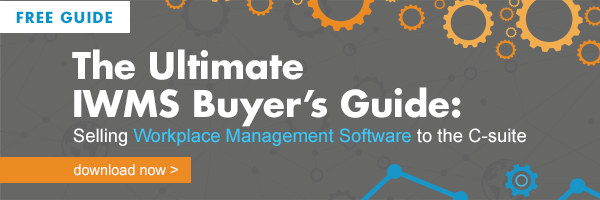Are You Experiencing Decision Fatigue?


As a business leader, your entire career revolves around making decisions—many of which aren’t easy. Your ability to think quickly and critically, to solve complex concerns and predict outcomes, is critical to your success and part of why you’ve risen to top leadership level. But what happens when all of this decision-making takes its toll? Is it possible to become burnt out from making too many choices? Welcome to the world of decision fatigue.
 You’ve likely already experienced this phenomenon. After a long day of poring over budgets and strategizing with your team, you’re stumped by even the simplest and most inconsequential of choices—like what to order from the dinner menu, or which brand of shampoo to buy.
You’ve likely already experienced this phenomenon. After a long day of poring over budgets and strategizing with your team, you’re stumped by even the simplest and most inconsequential of choices—like what to order from the dinner menu, or which brand of shampoo to buy.
What Causes Decision Fatigue?
Decision fatigue, like any other fatigue, is the result of overuse.
“Your willpower is like a muscle. And similar to the muscles in your body, willpower can get fatigued when you use it over and over again,” says writer and behavioral psychology researcher James Clear. “Every time you make a decision, it’s like doing another rep in the gym. And similar to how your muscles get tired at the end of a workout, the strength of your willpower fades as you make more decisions.”
In other words, your brain becomes so tired from repetitive critical thinking that it seeks the easiest and quickest solutions—even though it may not be what’s best. This isn’t much of a problem when you order the first thing on the menu instead of carefully weighing your meal choices. But it could have severe repercussions when you hastily decide to cancel a valuable vendor instead of engaging the vendor to brainstorm on an alternative, most cost efficient solution.
Decision fatigue can also have physical implications. For example, have you ever skipped the gym after a particularly grueling day at work? Even though you barely left your desk, you feel like you’ve run a marathon. It’s possible to actually feel physically depleted from overworking your frontal lobe, and this impacts your willpower.
Decision Avoidance and Impulse Decisions
A tedious session of decision-making can also lead to two other phenomena: decision avoidance and impulse decisions.
Decision avoidance is the inability to make a decision, usually because there are too many options available, or because all choices seem to include a nearly equal likelihood of positive and negative outcomes. In this case, you become so overwhelmed that you choose not to make a decision at all. This can lead to setbacks, such as forcing your team to place a project on hold.
Impulse decisions are choices made in haste because you are either under a great deal of pressure, a short timeline or because decision fatigue has stripped you of the willpower to think things through. In this case, you may inadvertently make a bad decision.
4 Ways to Avoid Decision Fatigue
As an executive, you’ll never be able to avoid making decisions—it comes with the territory of leading a team. The good news is there are some strategies you can incorporate to help ease the decision-making process and decrease the risk of burnout.
1. Delegate More Decisions
As business leaders, we often tend to take on the heaviest and most complex tasks—especially those that have the greatest impact on the company’s success. However, there’s only so much you can manage alone. Seek out the best and brightest managers and junior-level leadership professionals, and gift them the opportunity to make decisions. So long as you’ve offered them adequate leadership training, they should have no problem taking on the responsibility. Furthermore, their fresh perspective may improve problem solving across your organization.
 2. Prioritize Your Decisions
2. Prioritize Your Decisions
Avoid putting yourself in the position to have to make several major decisions in one day. Instead, list them from most to least important, and spread them out over several days. Most importantly, don’t procrastinate. A decision made under pressure is not often a good one.
3. Rest Up Between Decisions
Because decision fatigue can cause impaired judgement, it’s important to give yourself plenty of recovery time between major choices. Schedule your most important decisions to be made after you’ve given yourself a mental break, such as the beginning of the day or after lunch time, when you’ve had a chance to rejuvenate your mind. If you can’t reschedule, step out for a short walk, chat with a colleague or try some breathing exercises—anything to take your mind off the present task until you feel relaxed.
4. Use Data
Sometimes the hardest decisions to make are those where you’re given the least amount of information. How can you possibly predict the outcome of a choice if you don’t have all the facts? That’s why it’s important to gather as much relevant data as possible. For example, if you’re seeking out new office space, review space utilization reports so you can better estimate future needs.
The fact is, while you may be a highly efficient decision maker, you’re still only human. There are biological consequences to overdoing it, and that can affect both your business success as well as your work-life balance. Do yourself a favor and begin using the above tactics to curb the likelihood of burnout and keep your mind sharp for the tough calls.
